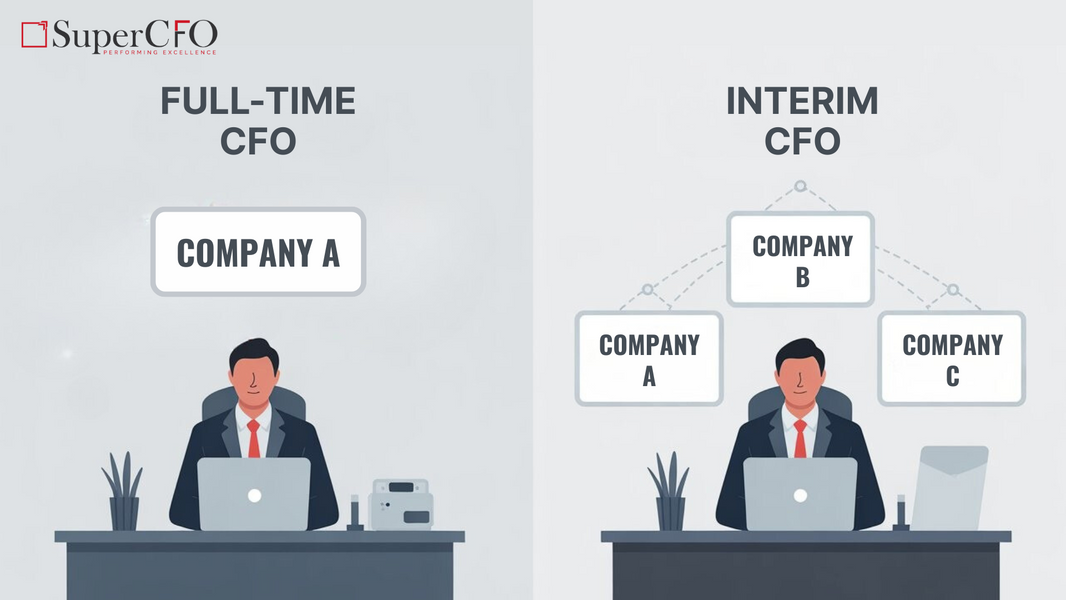Introduction
When markets turn volatile, investors don’t just look at earnings reports; they look at leadership. For CFOs, economic uncertainty creates a unique responsibility: not only to safeguard financial health, but also to communicate with clarity, empathy, and credibility. In these moments, investor relations becomes as much about trust-building as it is about numbers.
Why Investor Relations Matter More in Downturns
During stable periods, investors focus on growth metrics and competitive positioning. In downturns, their attention shifts toward resilience:
-
Liquidity and cash flow management
-
Debt obligations and refinancing strategies
-
Operational efficiency and cost control
-
Strategic pivots and risk management
How CFOs communicate these factors determines whether investors stay confident or head for the exits.
Best Practices for CFOs
1. Prioritise Transparency Over Perfection
Investors can forgive lower earnings; they cannot forgive surprises.
CFOs should:
-
Share clear visibility into liquidity and runway.
-
Disclose downside scenarios and mitigation plans.
-
Address risks head-on, rather than avoiding tough questions.
Transparency signals competence and confidence, even when the news isn’t favourable.
2. Strengthen Narrative with Data and Context
Numbers without context fuel speculation. The best CFO updates:
-
Pair key financial indicators (cash flow, margins, debt coverage) with forward-looking context.
-
Use benchmarks to position performance within industry norms.
-
Share leading indicators (customer retention, pipeline health) that highlight resilience.
Think of every update as both a financial report and a strategic story.
3. Communicate Frequently and Consistently
Uncertainty breeds rumours. CFOs should counter this with consistent communication:
-
Quarterly earnings supplemented with interim updates.
-
Regular investor calls or webinars to answer questions.
-
Clear crisis communication protocols for rapid response.
The cadence of communication can be as important as the content itself.
4. Humanise the CFO Voice
Investors aren’t just buying into numbers; they’re buying into leadership. CFOs who:
-
Speak with empathy about stakeholder concerns.
-
Use plain language over jargon.
-
Acknowledge challenges while highlighting a credible path forward.
…are more likely to maintain investor confidence when uncertainty peaks.
5. Align With Broader Stakeholder Strategy
Investor relations shouldn’t exist in a vacuum. CFOs should ensure alignment with:
-
Employee communication (workforce morale and productivity).
-
Customer messaging (commitment to service and delivery).
-
Board and executive updates (consistency across leadership).
This alignment prevents mixed messages and strengthens overall credibility.
The CFO’s Evolving Role
In periods of uncertainty, the role extends into strategic communication, risk storytelling, and reputation management. Those who excel not only steady investor confidence but also position their companies for faster recovery once markets stabilise.
Conclusion
Economic uncertainty is inevitable. What distinguishes resilient organisations is how CFOs lead investor relations through turbulence. By being transparent, consistent, empathetic, and strategically aligned, CFOs can transform investor relations from a reactive function into a proactive advantage.










